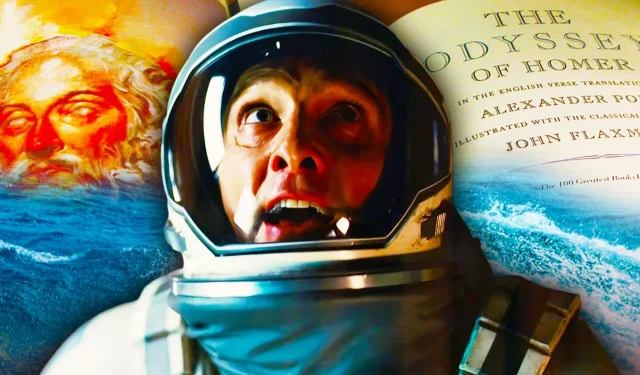
In an exhilarating announcement, acclaimed filmmaker Christopher Nolan is set to adapt the legendary epic The Odyssey as his next major project, following his recent success with Oppenheimer. This ambitious adaptation is slated for an IMAX release in 2026 and boasts a star-studded cast featuring Matt Damon, Anne Hathaway, Tom Holland, Zendaya, Robert Pattinson, and Lupita Nyong’o. While the prospect of a cinematic rendition of such an iconic tale is thrilling, it marks a familiar territory for Nolan, who has previously ventured into similar storytelling landscapes.
The Odyssey is considered one of the foundational works of storytelling, exemplifying the archetype of the Hero’s Journey—a narrative framework that has informed countless forms of art throughout history. However, translating Homer’s original text into a film format presents unique challenges due to its vast and intricate narrative. Nevertheless, if anyone is equipped to undertake this monumental task, it’s Christopher Nolan, known for his skillful interpretations of complex narratives.
Interstellar: A Contemporary Parallel to The Odyssey
While Not a Direct Adaptation
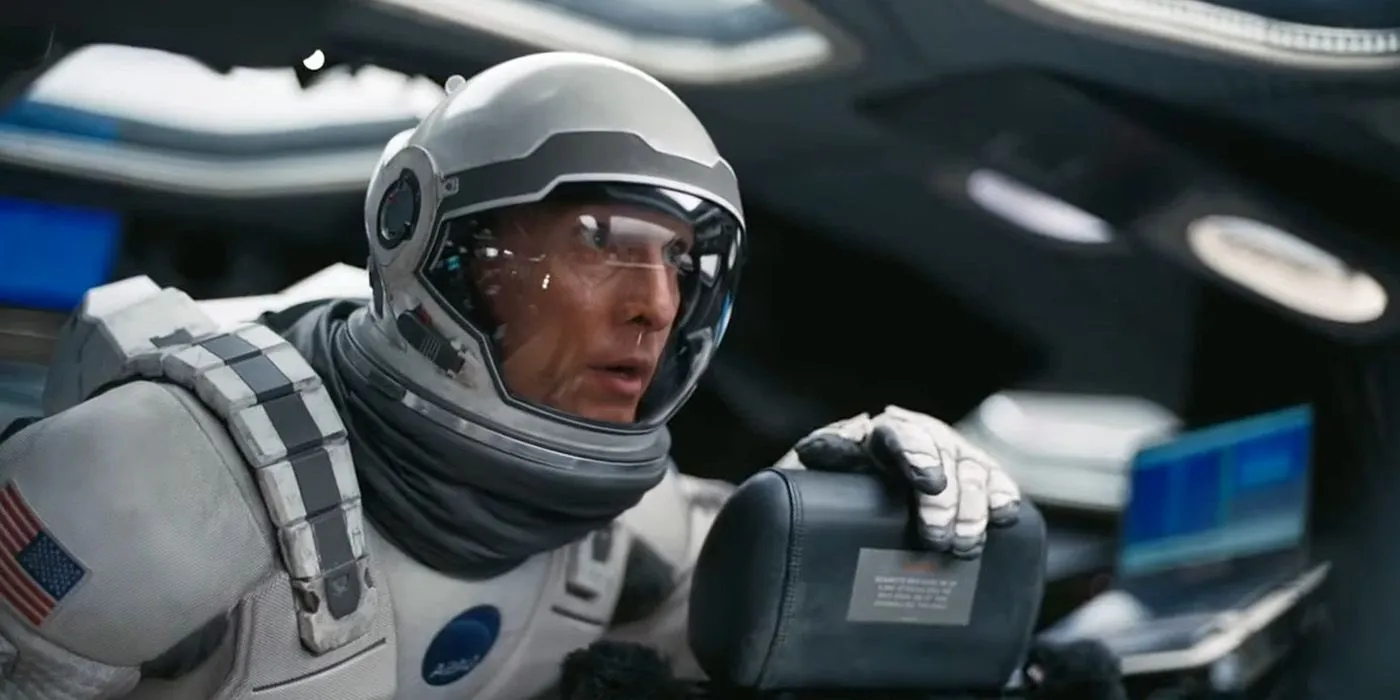
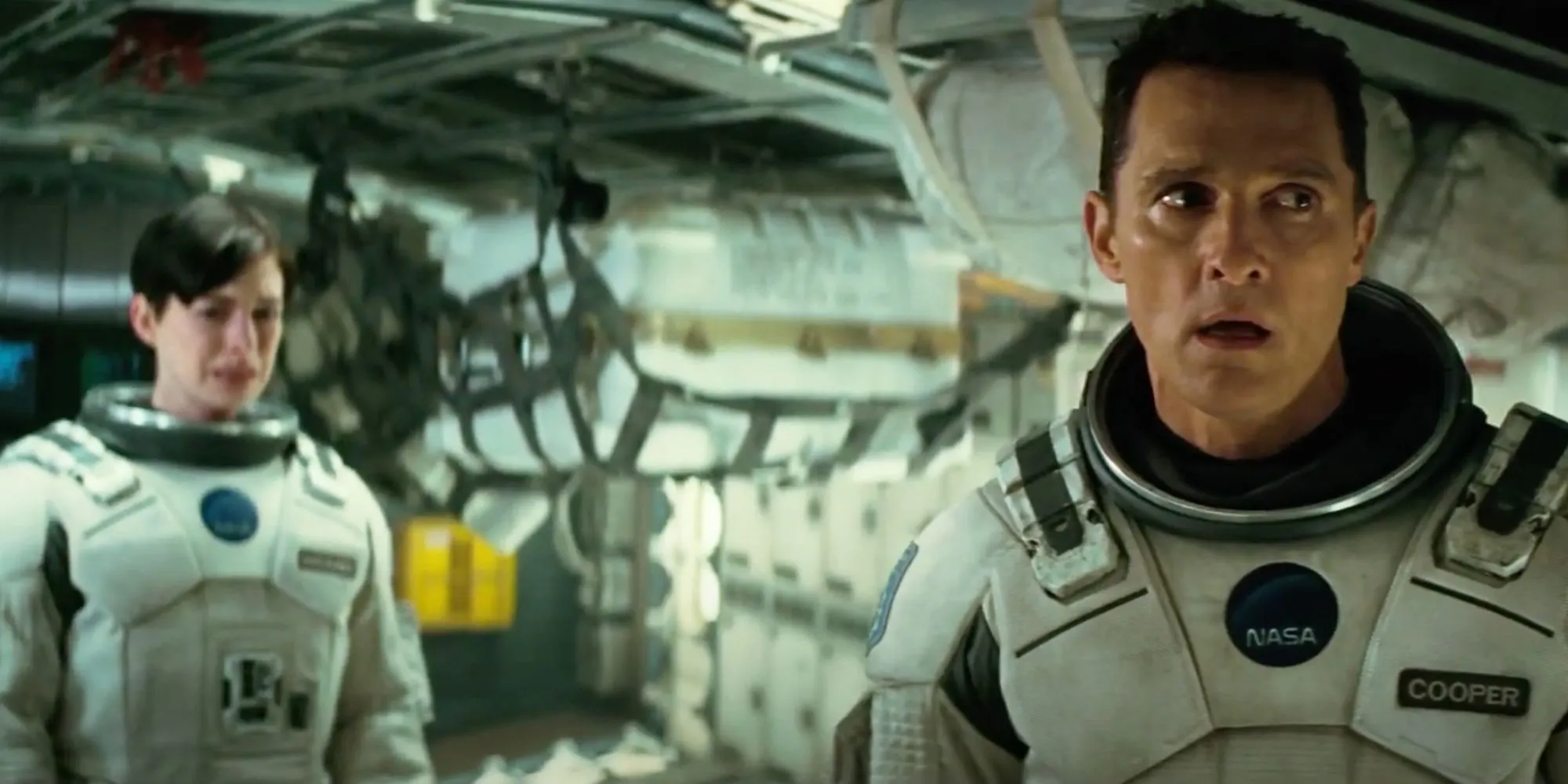
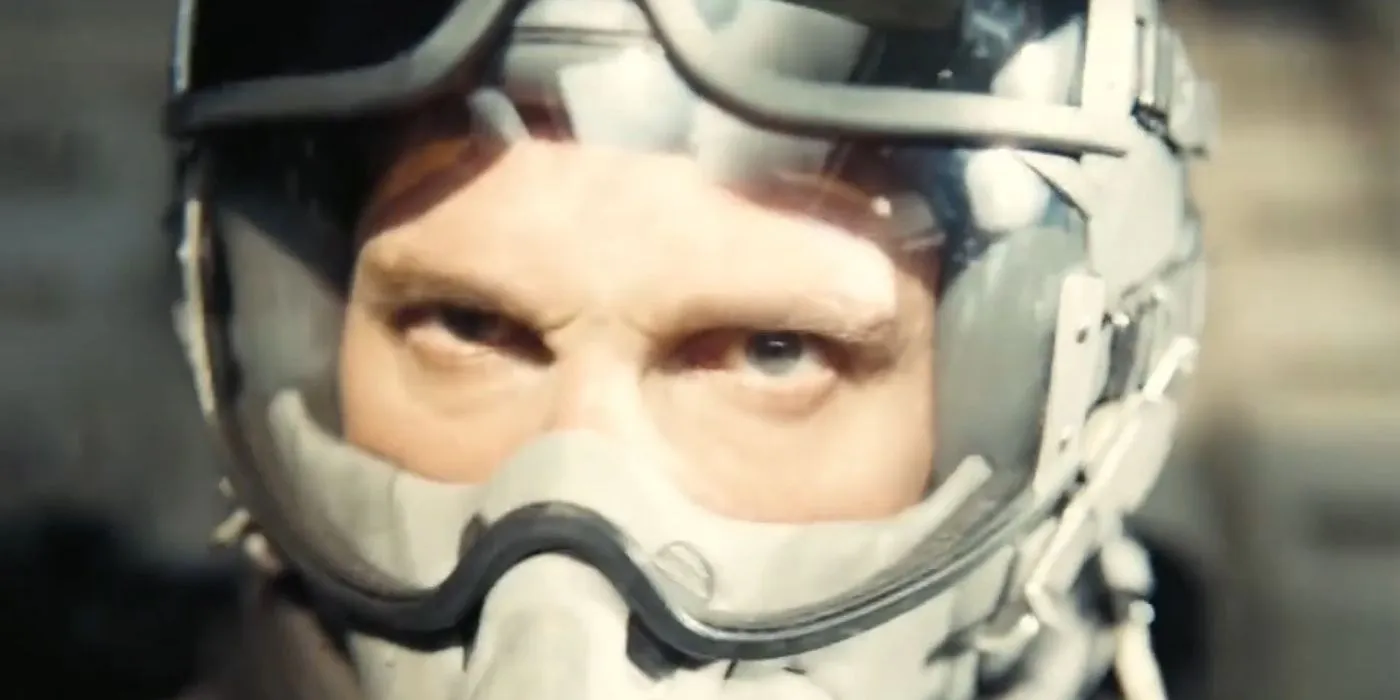
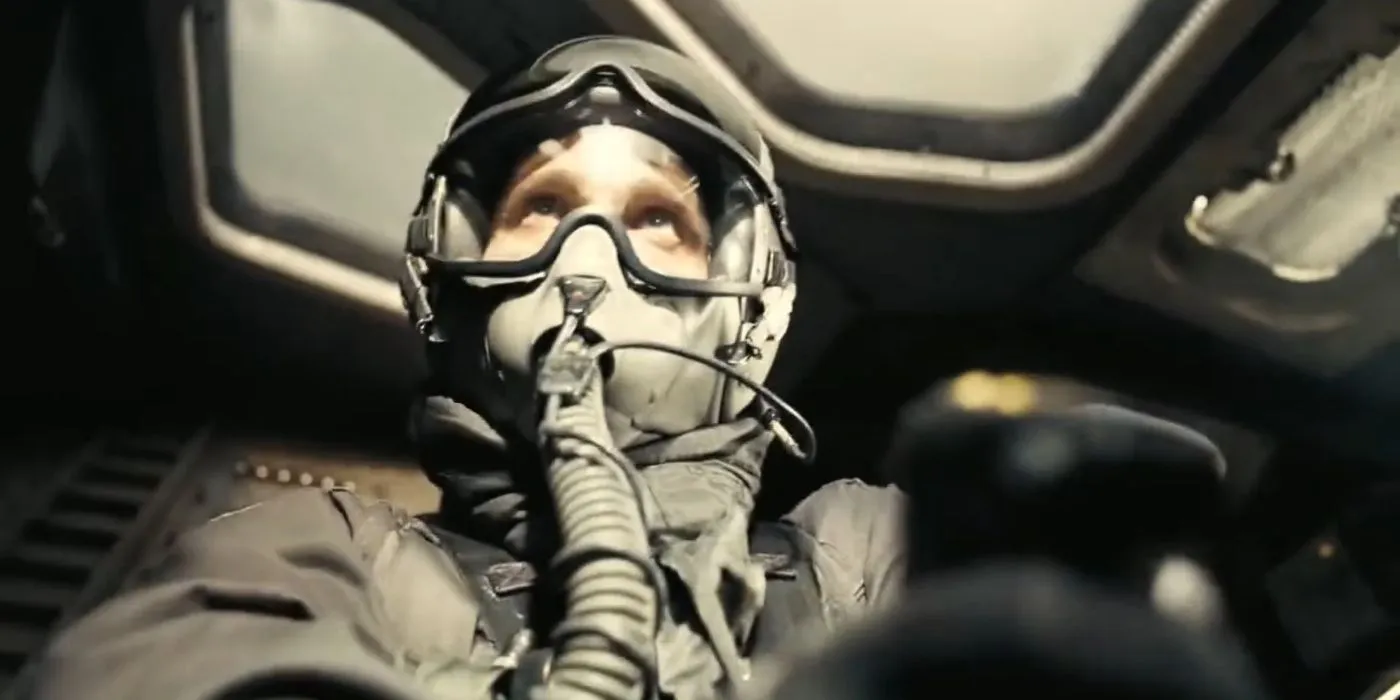
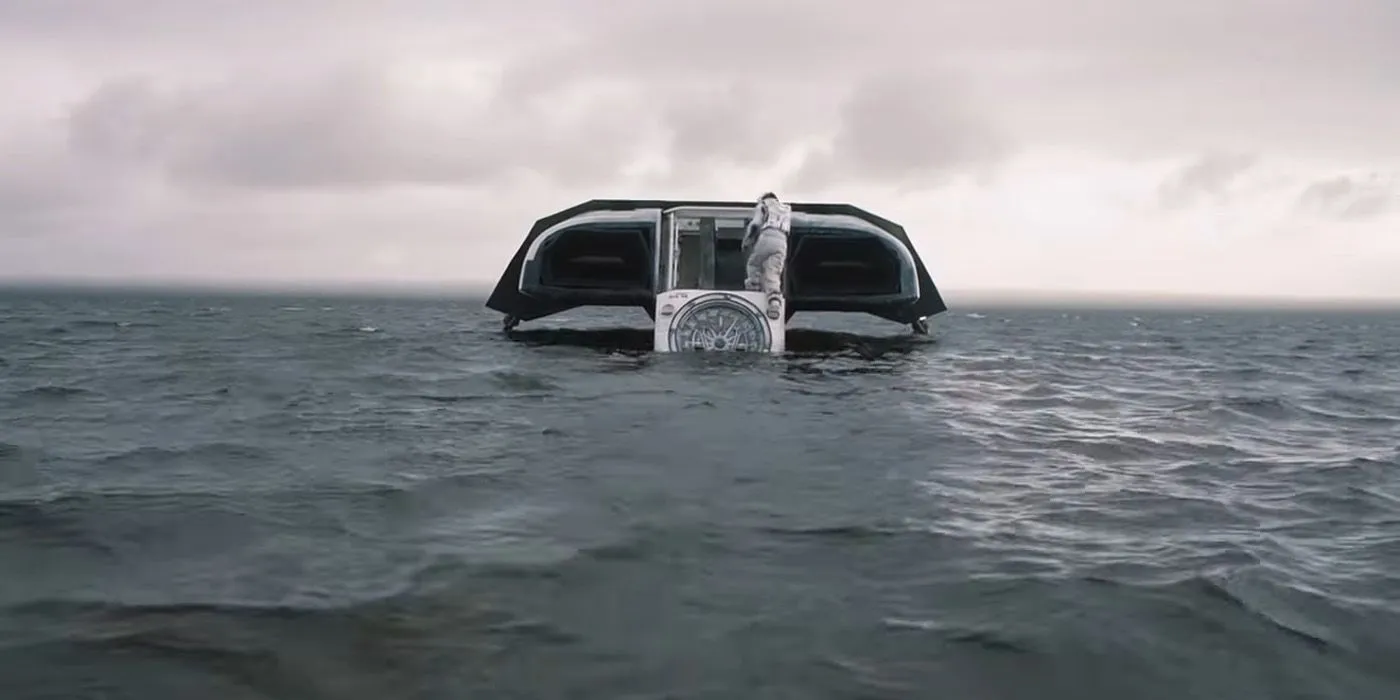
Although Interstellar is not directly drawn from The Odyssey, the film exhibits notable thematic parallels. Both narratives follow protagonists—Odysseus in Homer’s epic and Cooper in Interstellar—who embark on arduous journeys away from home, yearning to reunite with their loved ones. In the case of Odysseus, his longing centers on returning to Ithaca after the Trojan War; for Cooper, it involves a daring space mission with the same underlying desire for family unity.
The characters Murph and Tom serve as modern interpretations of Penelope and Telemachus, remaining behind in their respective struggles. Their determination to maintain stability while awaiting the return of their fathers adds rich emotional depth to both narratives. Additionally, both stories are structured around a series of episodic adventures where the protagonists face trials that ultimately test their resolve. Divine intervention also features prominently, with Odysseus receiving aid from the gods while Cooper is assisted by enigmatic beings from another dimension.
Nolan’s Unique Take: A Twist on the Classic
Infusing Signature Nolan Elements
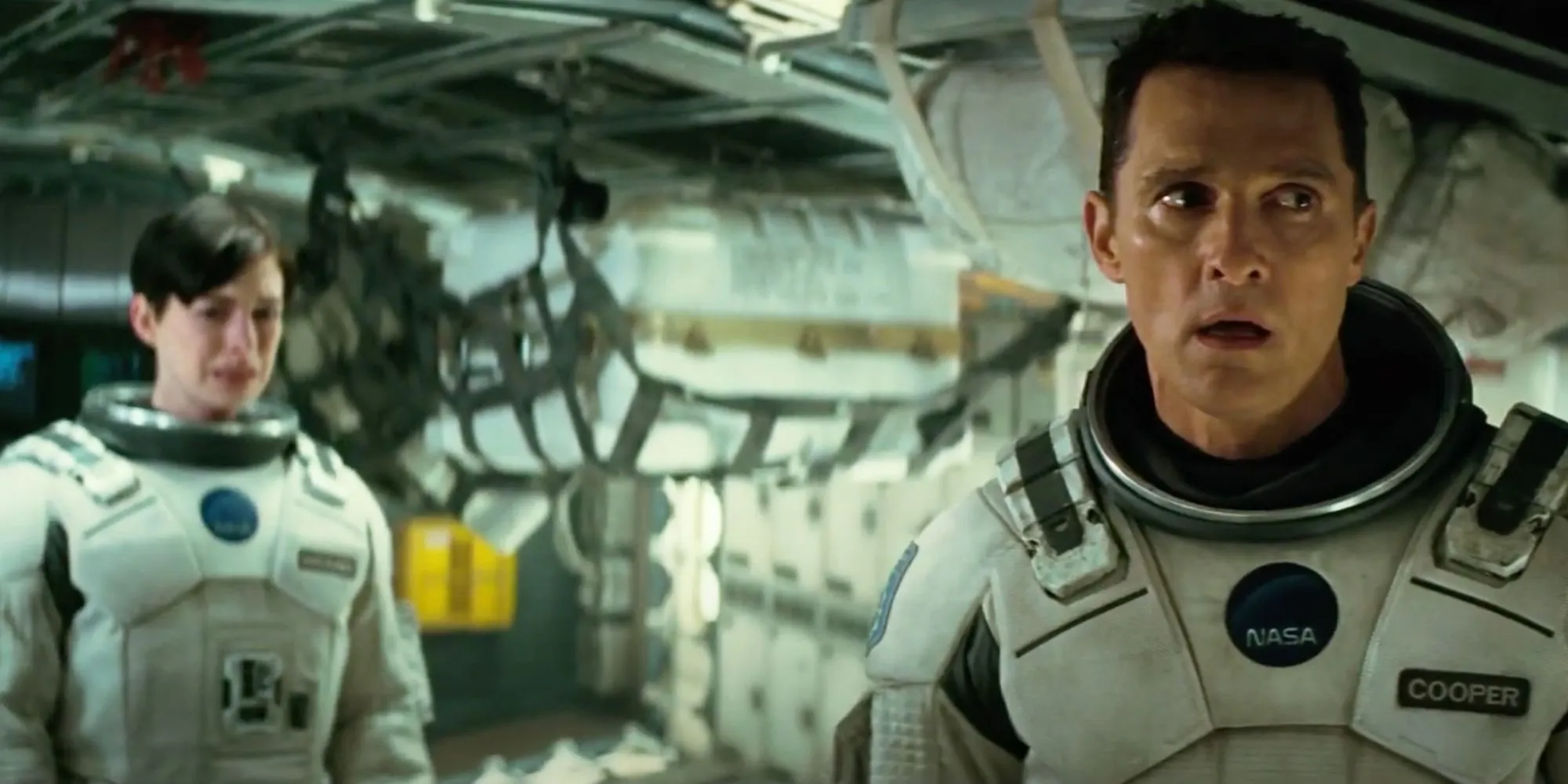
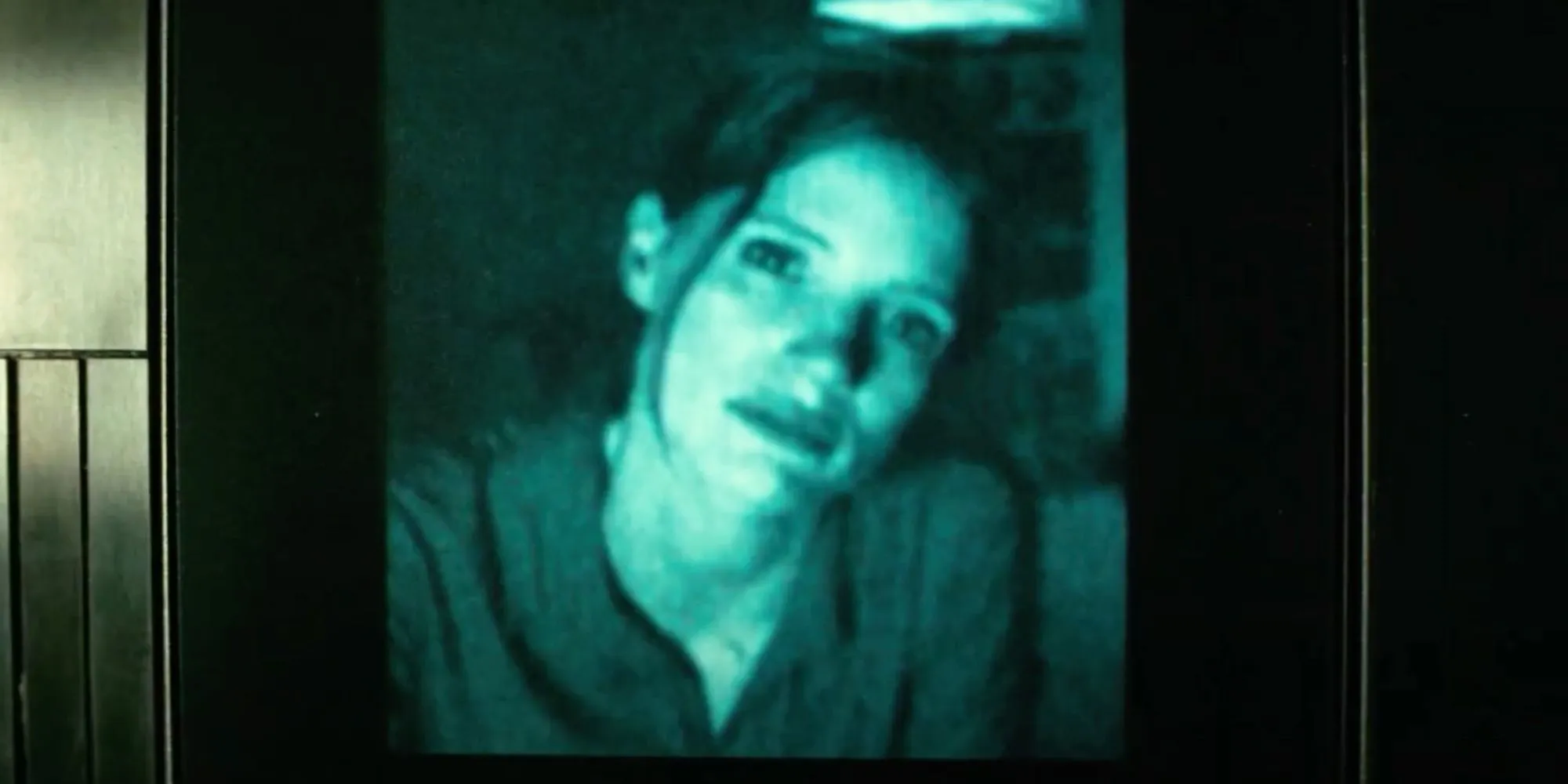
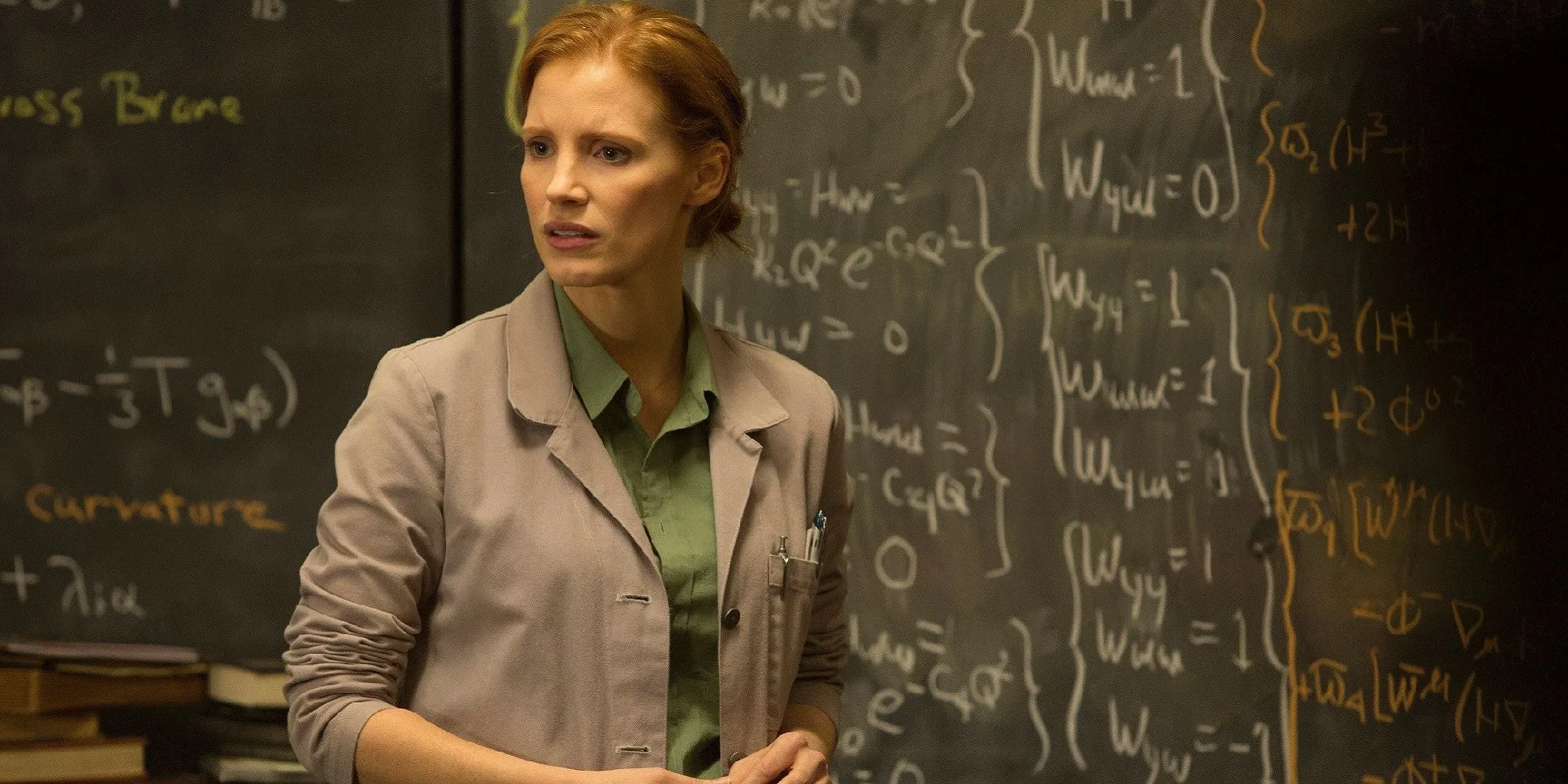
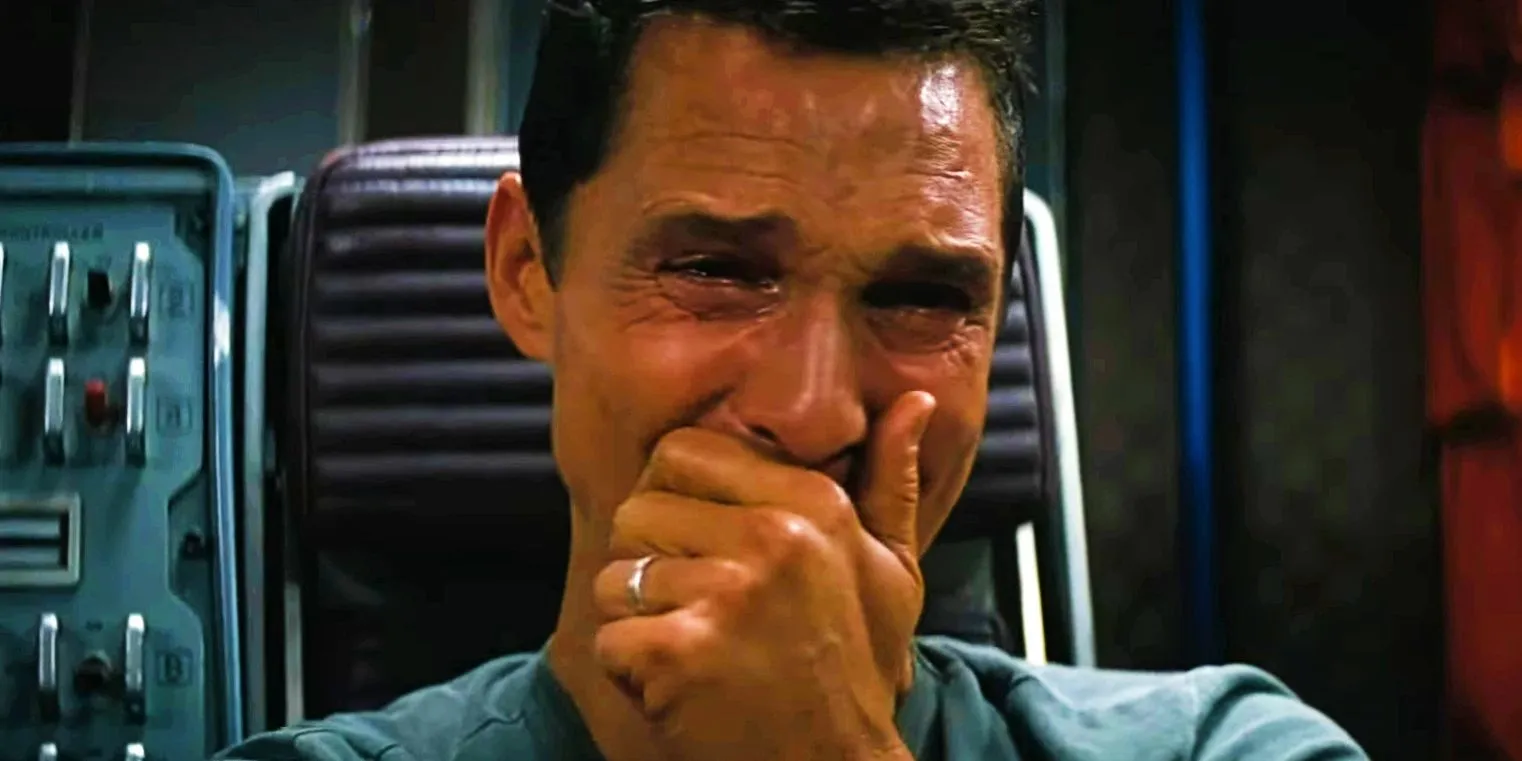
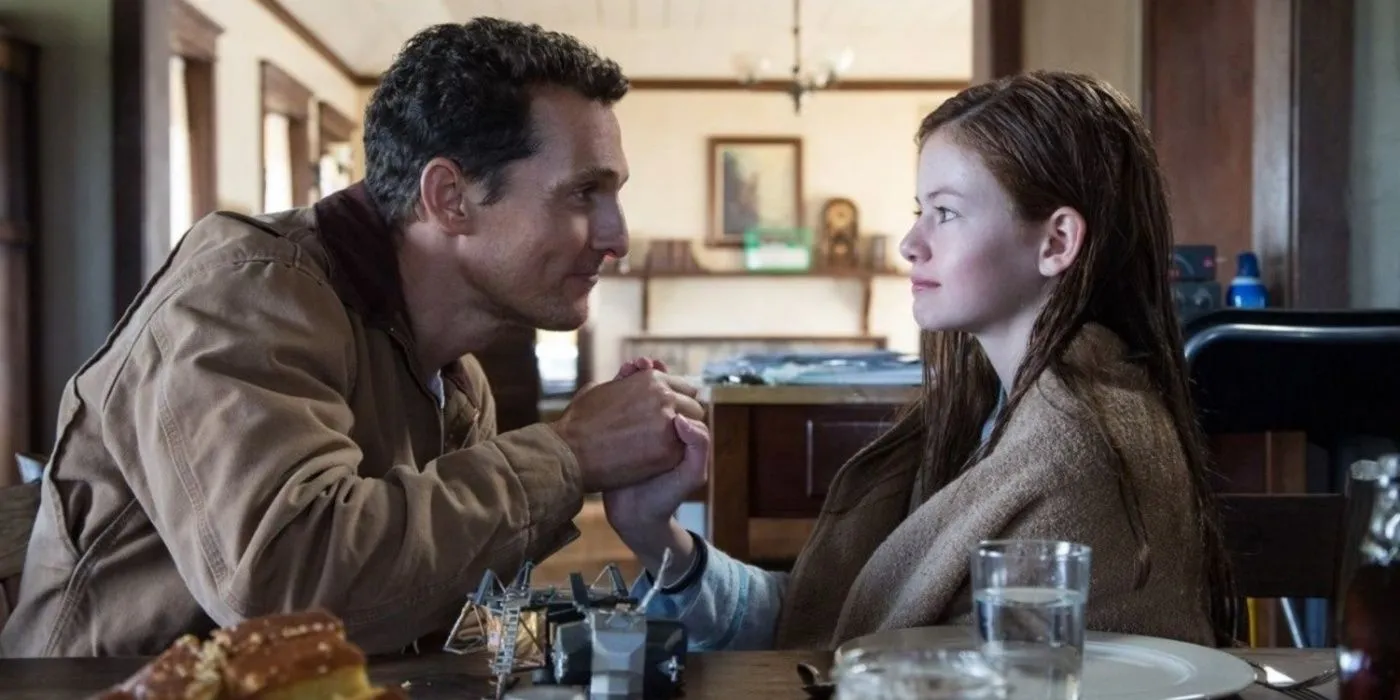
While Interstellar draws inspiration from The Odyssey, it is not merely a retelling, but rather a reimagining set within a futuristic sci-fi backdrop—a hallmark of Nolan’s creative approach. This adaptation allows for the exploration of profound themes that might not be present in the original epic. Moreover, Nolan’s distinctive manipulation of time, a prevalent trait in many of his narratives, is exemplified in Interstellar. The film introduces a unique timeline where one hour on a particular planet equates to seven years on Earth, mirroring the seven years Odysseus spends on Calypso’s island—a clever nod to its source material.
Nolan also redefines character dynamics through Murph, who embodies qualities of both Penelope and Telemachus. Her character grapples with the emotional fallout of her father’s absence, mirroring Telemachus’s conflict, while simultaneously facing the dire challenge of solving a crisis at home, akin to Penelope’s struggles to hold Ithaca together.
A New Challenge for Nolan: Adapting The Odyssey
An Engaging Artistic Challenge
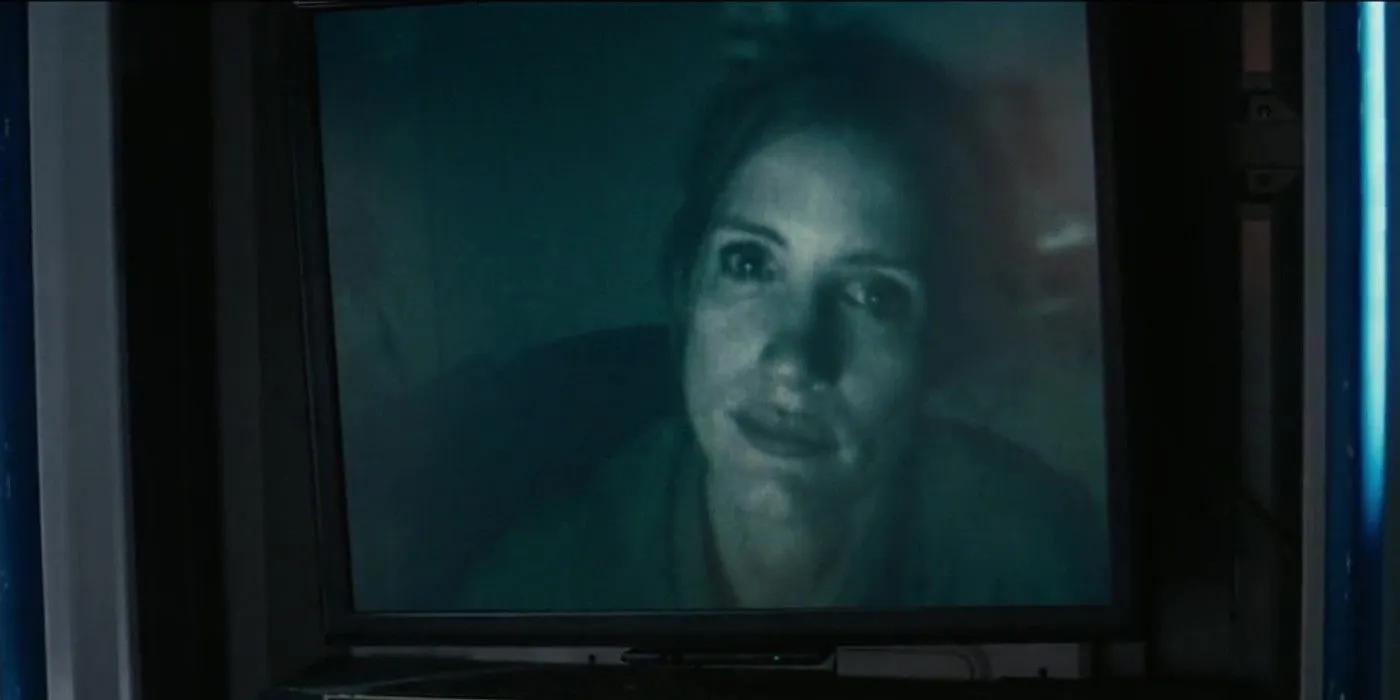
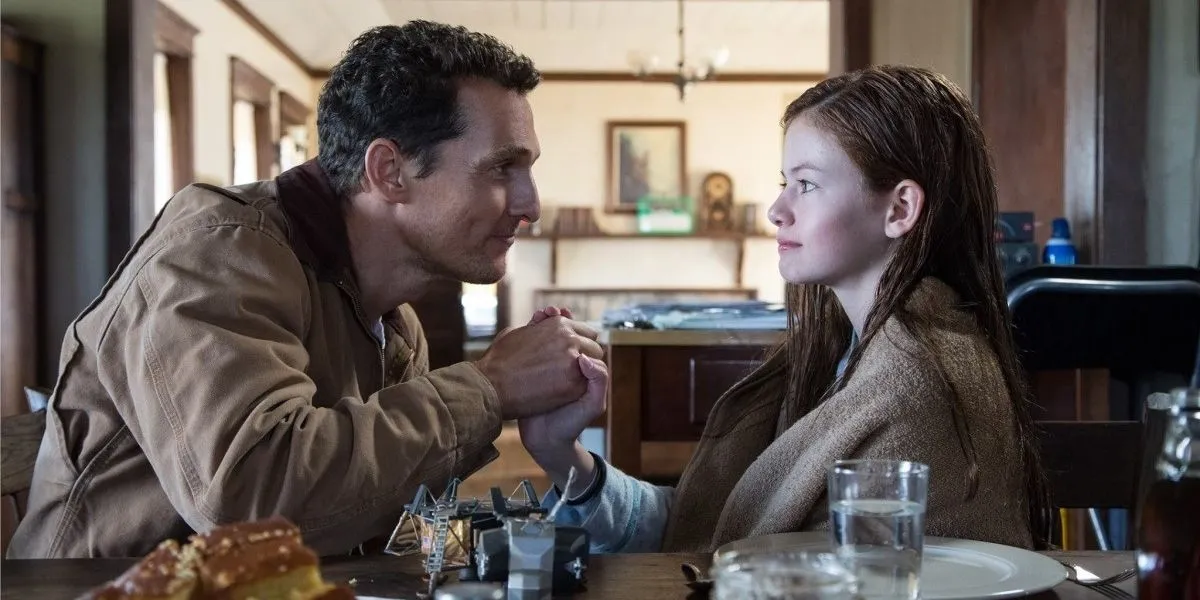
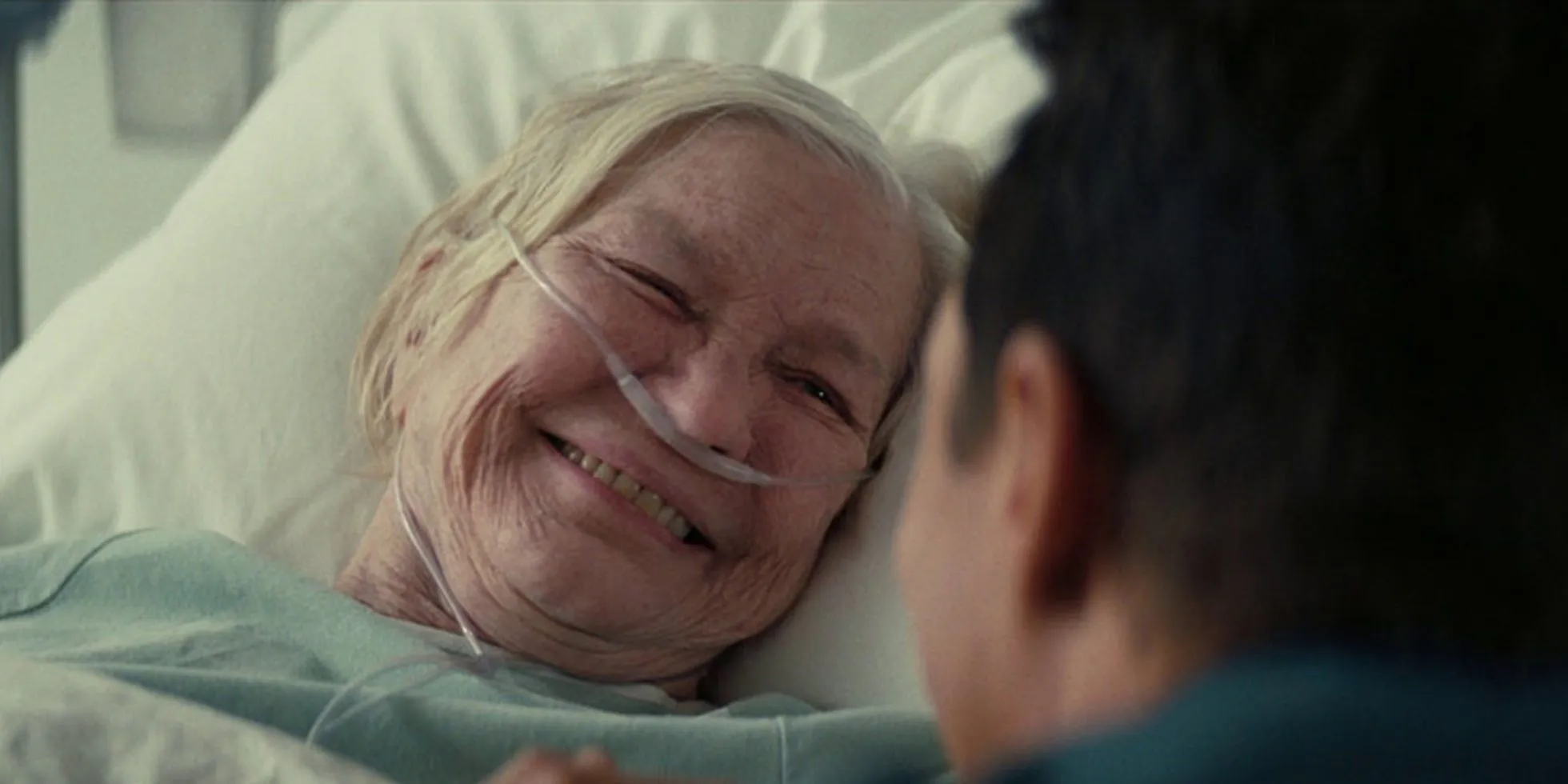
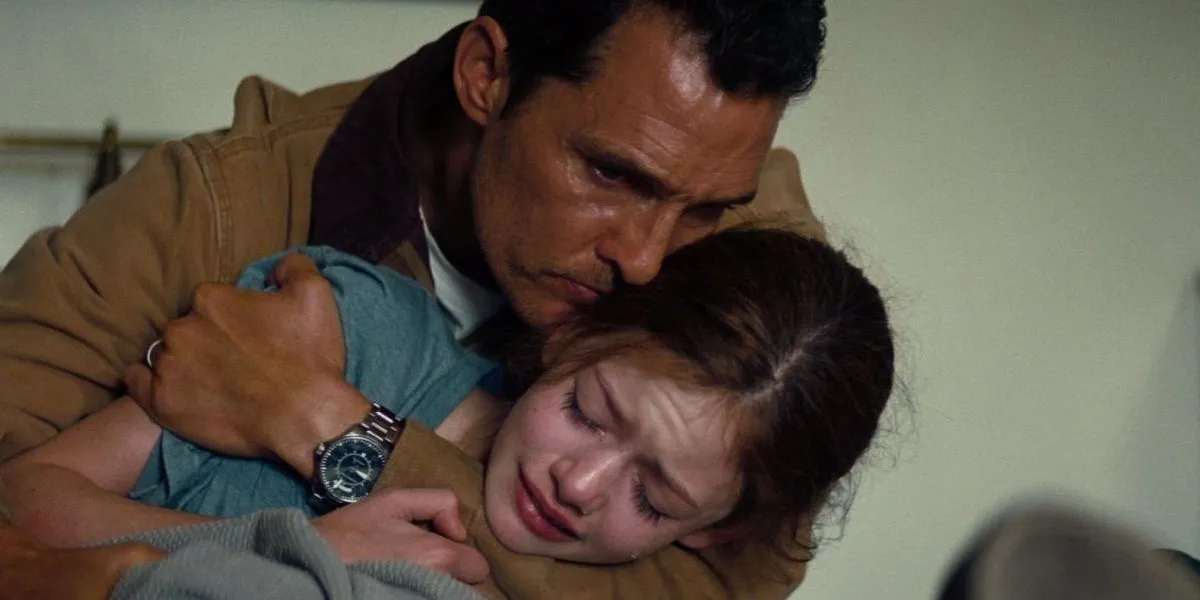
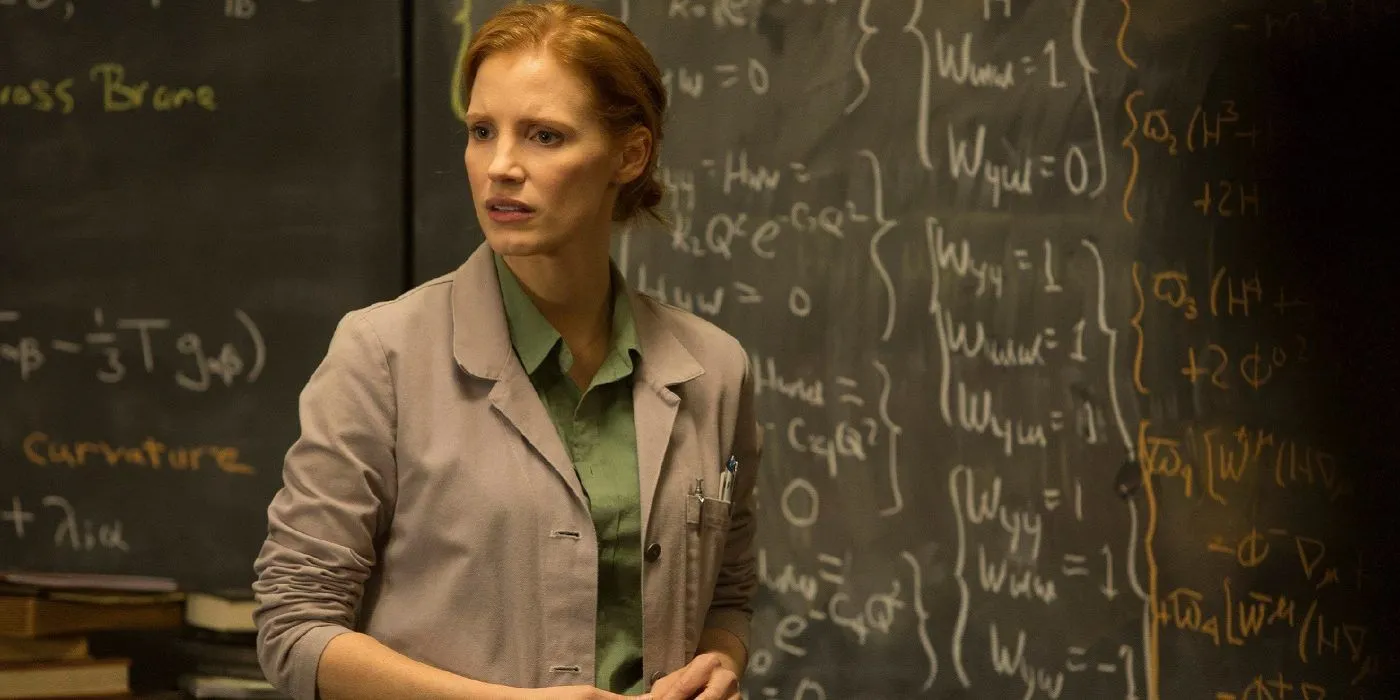
In crafting his adaptation of The Odyssey, Christopher Nolan faces the intriguing challenge of steering away from the sci-fi elements that characterized Interstellar. The task at hand will involve reinterpreting a widely recognized narrative and rendering it fresh and engaging—a feat more complex than devising an original story inspired by the classic. While adaptations of The Odyssey abound throughout history, each presents unique obstacles, offering Nolan a chance to stretch his creative muscles in a fascinating direction.
Nolan: The Ideal Filmmaker for The Odyssey
Proven Capability in Epic Storytelling
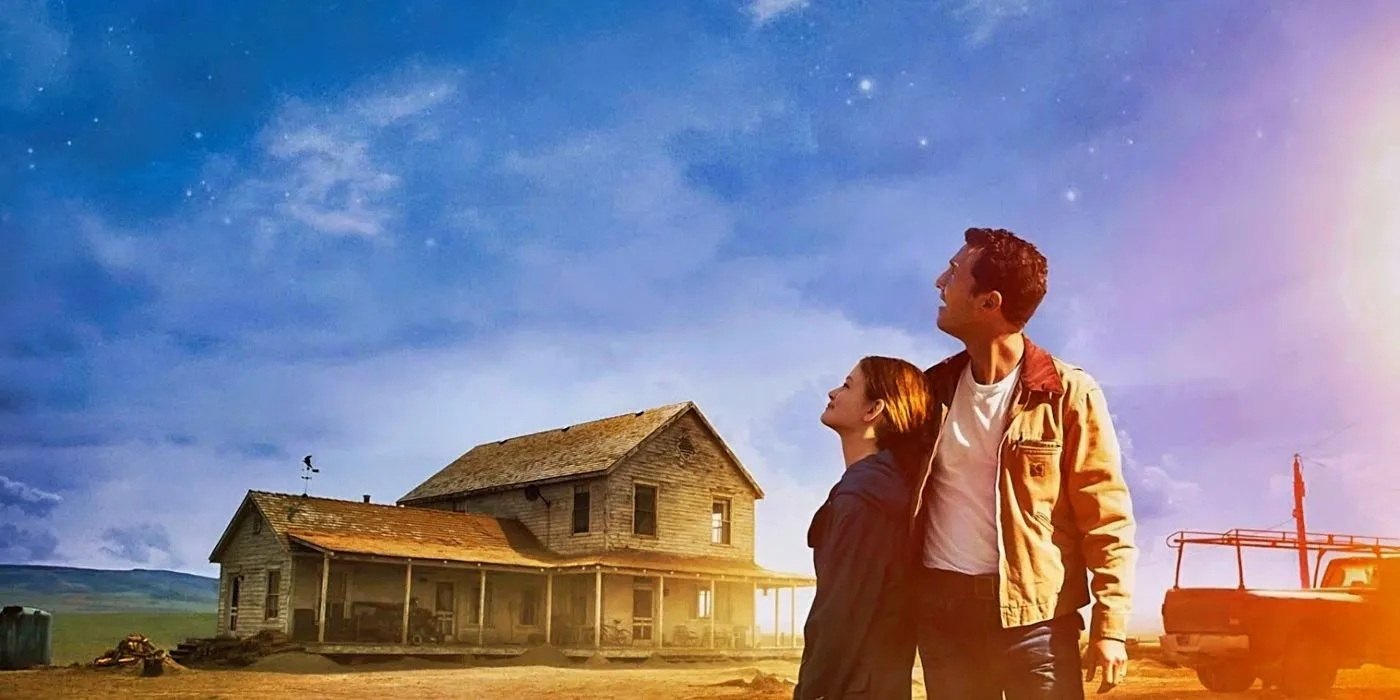
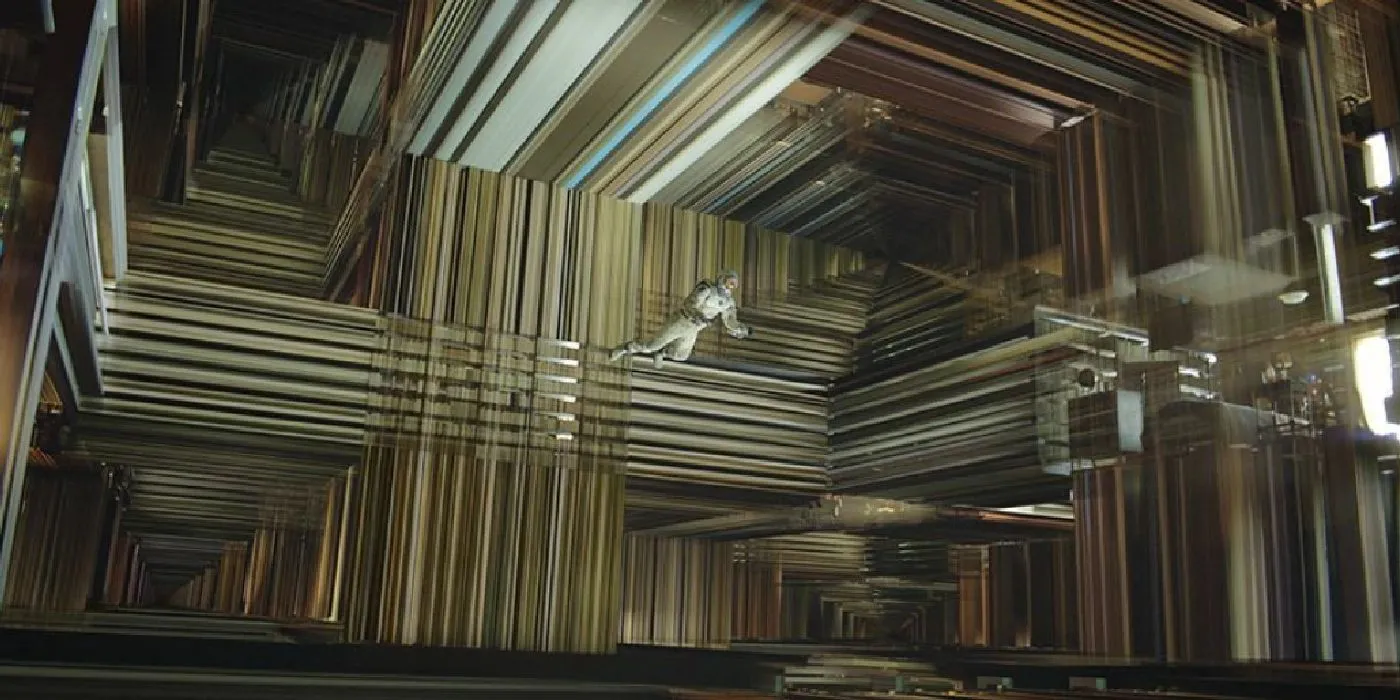
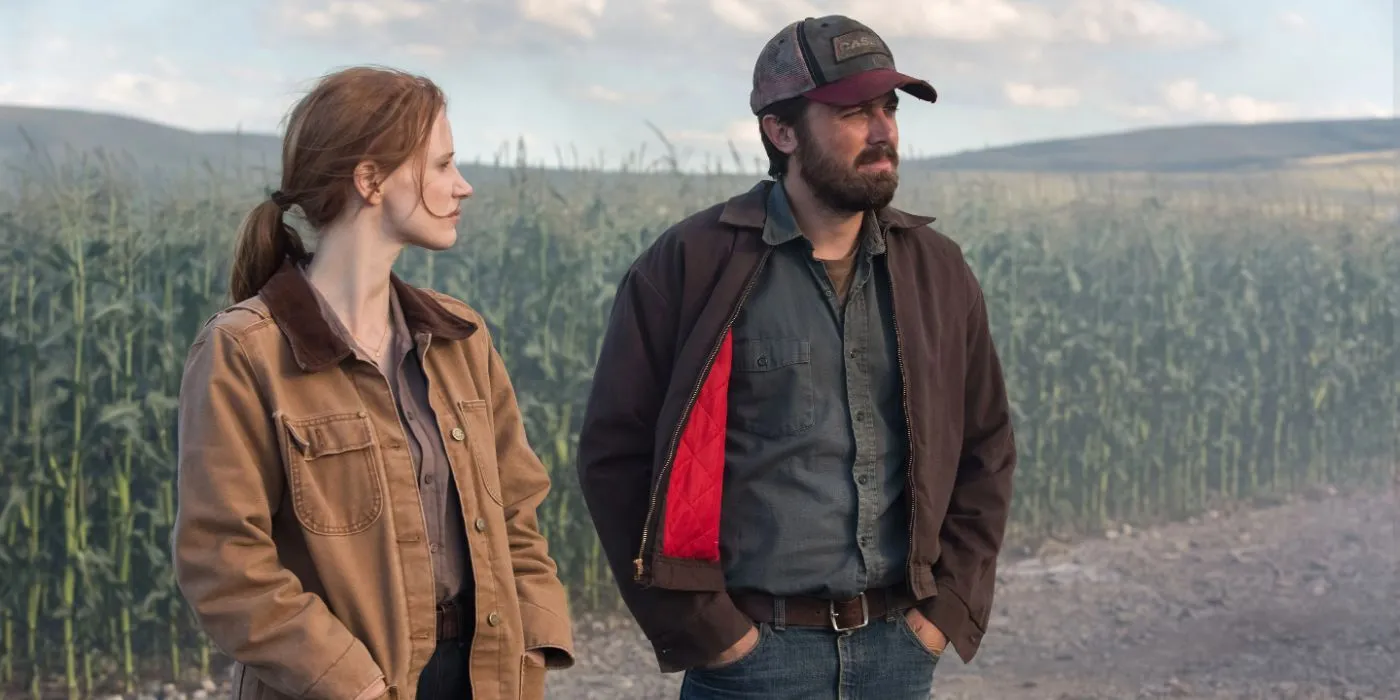
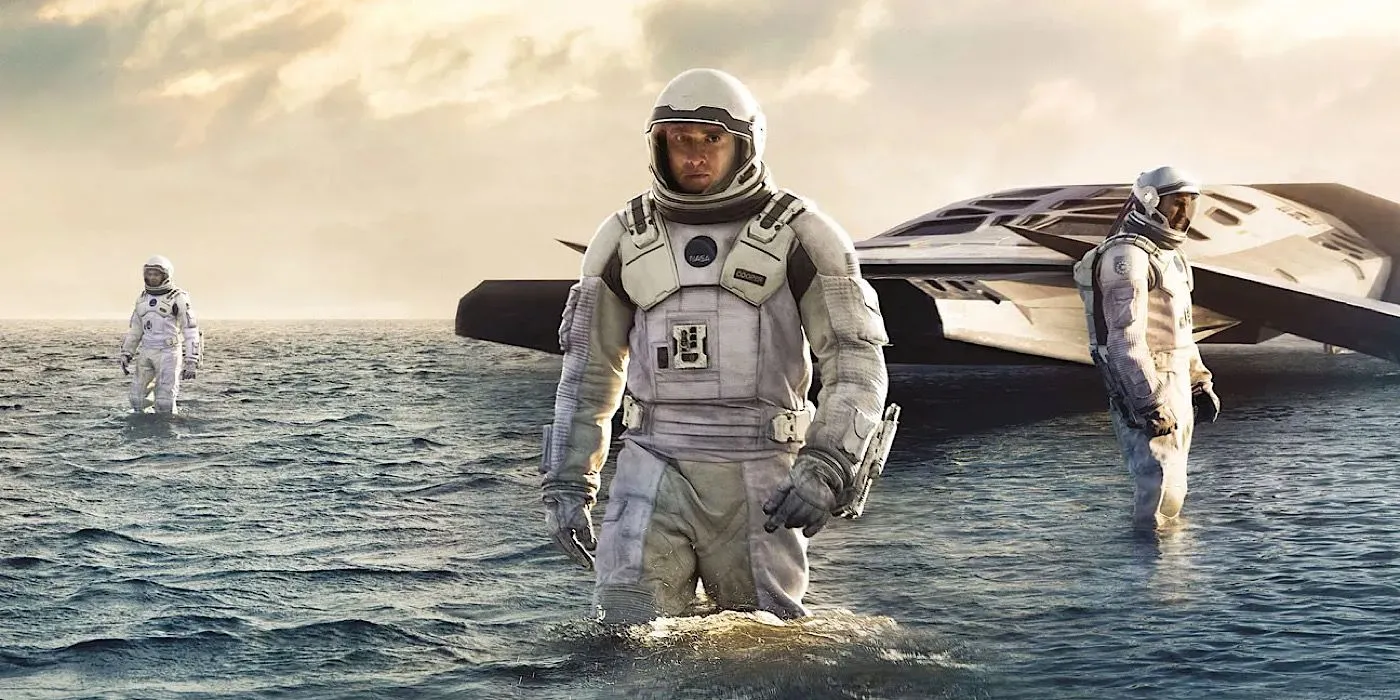
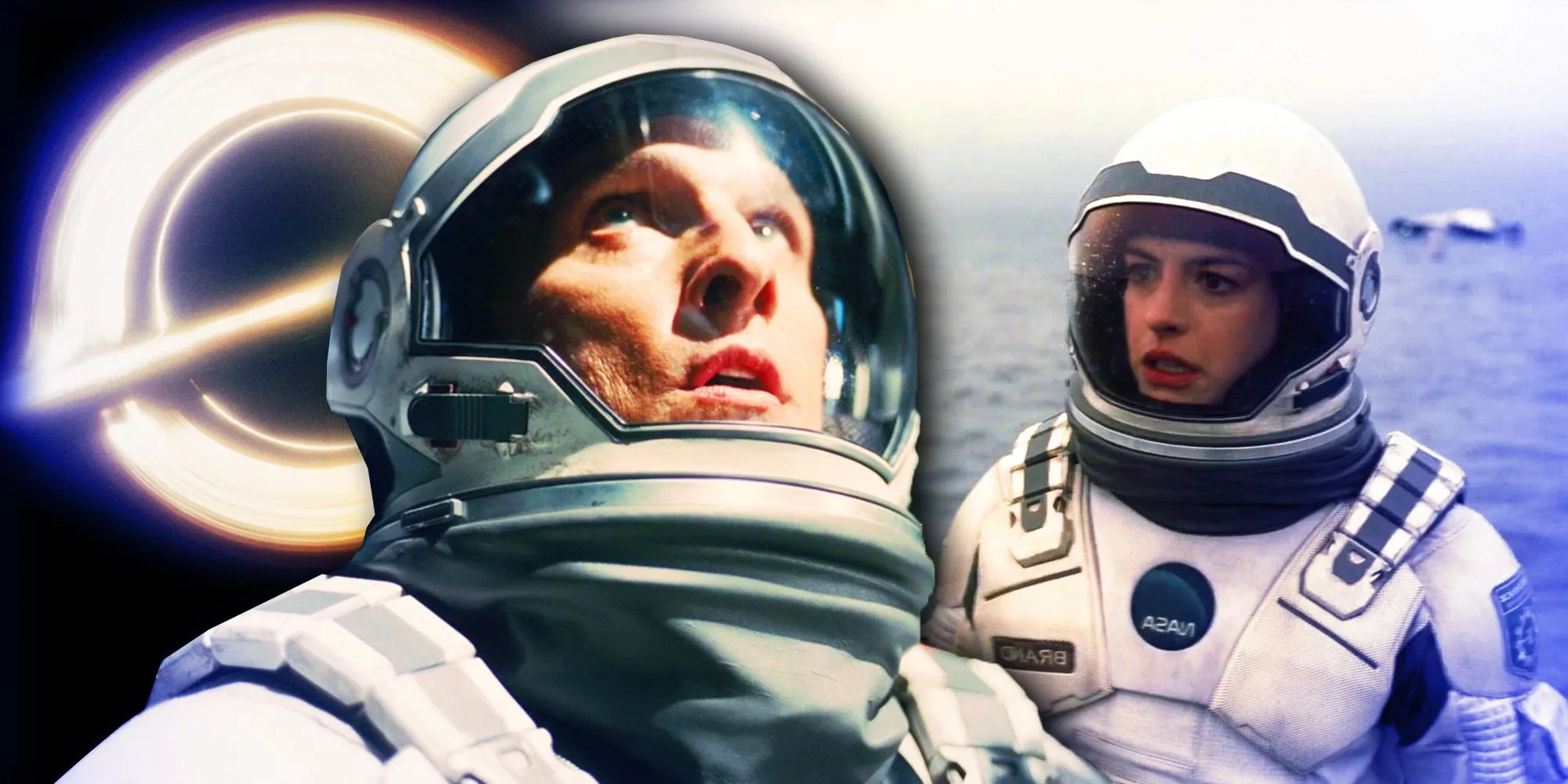
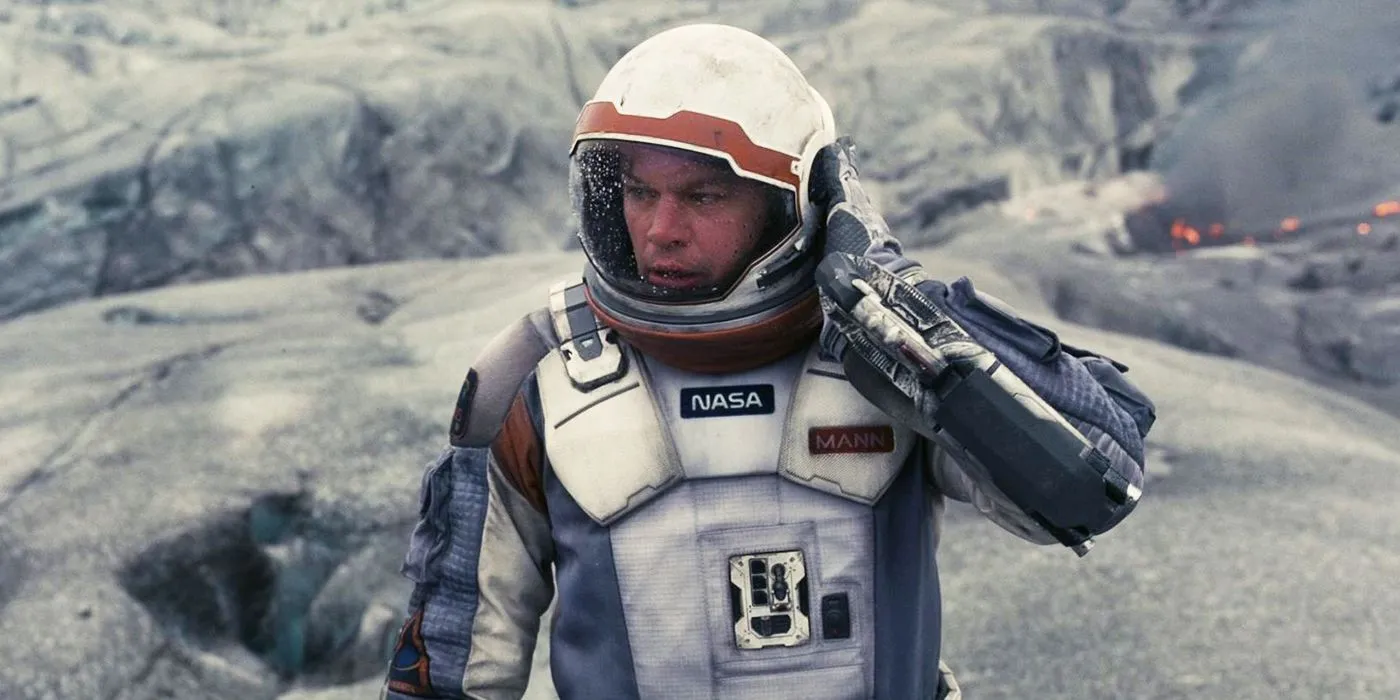
Crafting an adaptation of The Odyssey certainly poses significant challenges, but Christopher Nolan’s mastery is exemplified through his previous work on Interstellar. The film’s ambitious narrative arc, spanning vast timelines and numerous characters, demonstrates Nolan’s capability to distill complex stories for contemporary audiences. Moreover, the thematic richness found in Interstellar—exploring family bonds, sacrifice, and the passage of time—is highly relevant to The Odyssey and suggests a seamless transition into the adaptation process.
As Nolan embarks on this new journey, the potential risks of reiterating themes already examined in Interstellar are present, yet there is strong confidence in his ability to navigate and enrich the timeless tale of The Odyssey, making the anticipated film a monumental achievement.




Leave a Reply ▼